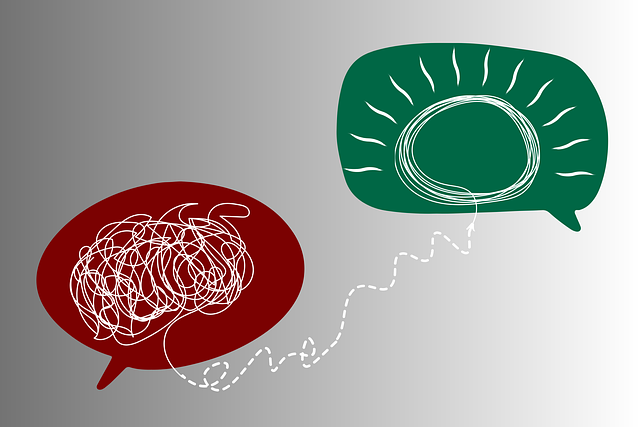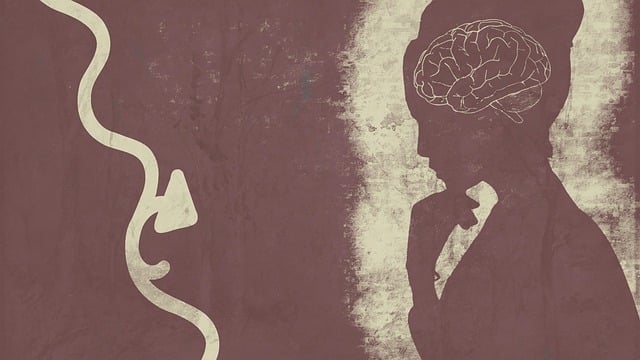Centennial Alcohol Abuse Therapy provides specialized grief counseling, addressing the often-overlooked mental health impact of loss. They offer a supportive environment integrating mental health education and self-esteem building to enhance resilience. By focusing on coping mechanisms and inner strength, their approach aids individuals in managing overwhelming emotions after bereavement, reducing potential alcohol abuse issues. This holistic therapy considers unique coping styles, encouraging creative outlets, physical activities, and social support for a nurturing path towards emotional recovery.
Grief is a universal human experience, yet navigating loss and bereavement can be profoundly challenging. This comprehensive guide explores understanding loss, grief, and bereavement, their impact on mental health, and effective counseling strategies. We delve into addressing substance use issues through Centennial Alcohol Abuse Therapy, self-care practices, and coping mechanisms for managing grief. By recognizing the signs of distress and employing evidence-based therapeutic approaches, individuals can find support and healing during this difficult journey.
- Understanding Loss, Grief, and Bereavement: A Comprehensive Overview
- The Impact of Loss on Mental Health: Recognizing the Signs of Distress
- Centennial Alcohol Abuse Therapy: Addressing Substance Use in Times of Bereavement
- Therapeutic Approaches for Grieving Individuals: Effective Counseling Strategies
- Self-Care and Coping Mechanisms for Navigating Grief and Bereavement
Understanding Loss, Grief, and Bereavement: A Comprehensive Overview

Understanding loss, grief, and bereavement is a vital step towards healing. It involves recognizing and processing the emotions that arise when facing the death of a loved one. The process of grieving is unique to each individual, much like the memories and relationships we share with our loved ones. At Centennial Alcohol Abuse Therapy, we believe in providing a safe space for individuals to navigate these complex emotions, allowing them to find solace and build inner strength.
Our approach to counseling integrates mental health education programs designed to enhance self-esteem improvement and resilience. We understand that bereavement can lead to various challenges, including alcohol abuse, which may contribute to the already difficult journey. Through our comprehensive therapy sessions, clients are empowered to explore their feelings, develop coping strategies, and cultivate inner strength, ensuring they receive holistic support tailored to their unique needs.
The Impact of Loss on Mental Health: Recognizing the Signs of Distress

The impact of loss on mental health is profound and often overlooked. When faced with the death of a loved one or a significant life change, individuals may experience a range of distressing emotions, from deep sadness to anger and guilt. These feelings are normal responses to grief, but when they become overwhelming and persistent, they can signal a more severe issue. Recognizing the signs early is crucial for effective support, especially in preventing burnout, a common concern among those providing care or coping with loss.
Centennial Alcohol Abuse Therapy emphasizes the importance of emotional intelligence in navigating these challenging times. By understanding and managing their emotions, individuals can develop resilience and adapt to their new reality healthily. The goal is not just to survive but to thrive despite the loss. Promoting positive thinking and healthy coping mechanisms can significantly aid in the healing process, fostering a sense of stability and peace amidst the turmoil.
Centennial Alcohol Abuse Therapy: Addressing Substance Use in Times of Bereavement

In times of profound loss and bereavement, individuals may turn to substance use as a coping mechanism, which can lead to alcohol abuse issues. Here is where Centennial Alcohol Abuse Therapy steps in, offering specialized support for those navigating this challenging phase. This therapeutic approach recognizes that grief and its associated complexities can contribute to elevated alcohol consumption, potentially exacerbating existing problems or creating new ones.
Centennial Alcohol Abuse Therapy focuses on fostering inner strength and developing self-awareness exercises tailored to emotional healing processes. By addressing the underlying causes of substance use, individuals can gain valuable tools to manage their grief healthily. Through compassionate guidance, therapy enables clients to explore and process their emotions, gradually building resilience against the impact of loss and enhancing their ability to cope with life’s transitions.
Therapeutic Approaches for Grieving Individuals: Effective Counseling Strategies

Loss, grief, and bereavement counseling offers therapeutic approaches tailored to support individuals navigating emotional challenges. One effective strategy is Centennial Alcohol Abuse Therapy, which focuses on addressing underlying issues related to substance use while fostering coping mechanisms for grief. This integrated approach recognizes the interplay between mental health and addiction, providing a holistic framework for healing.
Additionally, cultivating inner strength through counseling sessions equips individuals with resilience to manage depression prevention and promote personal growth. Healthcare Provider Cultural Competency Training plays a crucial role in ensuring that counselors are attuned to diverse cultural perspectives, allowing them to offer sensitive and effective support tailored to each client’s unique needs.
Self-Care and Coping Mechanisms for Navigating Grief and Bereavement

Navigating grief and bereavement can be a challenging journey, but incorporating self-care practices is essential for managing the emotional turmoil that follows loss. At Centennial Alcohol Abuse Therapy, we understand that each individual copes differently. Some find solace in creative outlets like art or music, while others turn to physical activities or spending time in nature. Engaging in these healthy coping mechanisms can help regulate emotions and promote healing.
Beyond self-care, building a support system is vital. Connecting with friends, family, or support groups who can offer empathy and understanding can significantly ease the burden of grief. Mental Health Education Programs Design often emphasize mood management techniques, such as mindfulness meditation and cognitive behavioral therapy, which can empower individuals to navigate their emotions effectively. By combining self-care practices and social support, one can foster resilience and begin to adapt to life after loss.
In addressing loss, grief, and bereavement, a holistic approach combining therapeutic counseling with self-care strategies is essential. Understanding these processes empowers individuals to navigate distressing mental health impacts, including potential substance use issues as highlighted by Centennial Alcohol Abuse Therapy. Effective counseling strategies, such as those discussed in this article, offer valuable support. By prioritizing self-care and adopting healthy coping mechanisms, grieving individuals can find solace and gradually heal, allowing them to move forward with resilience and newfound strength.













